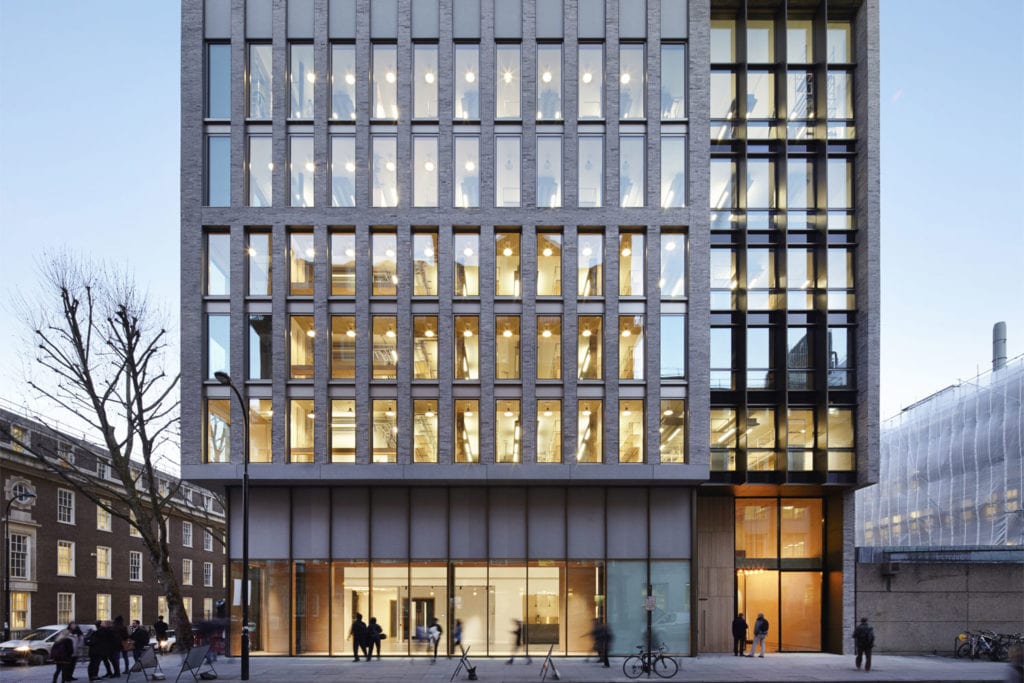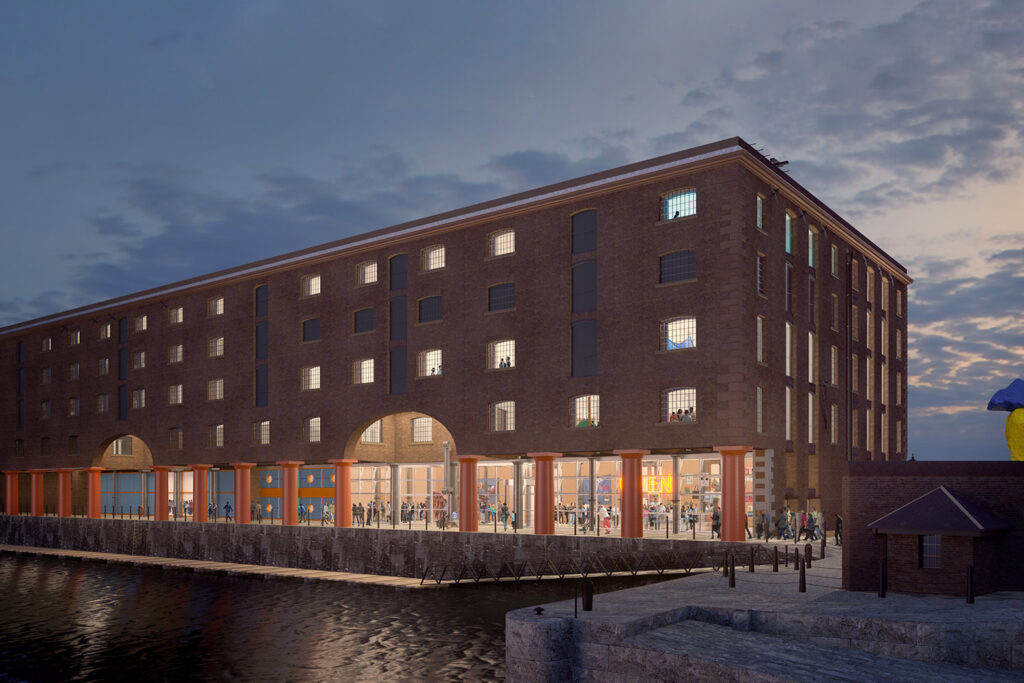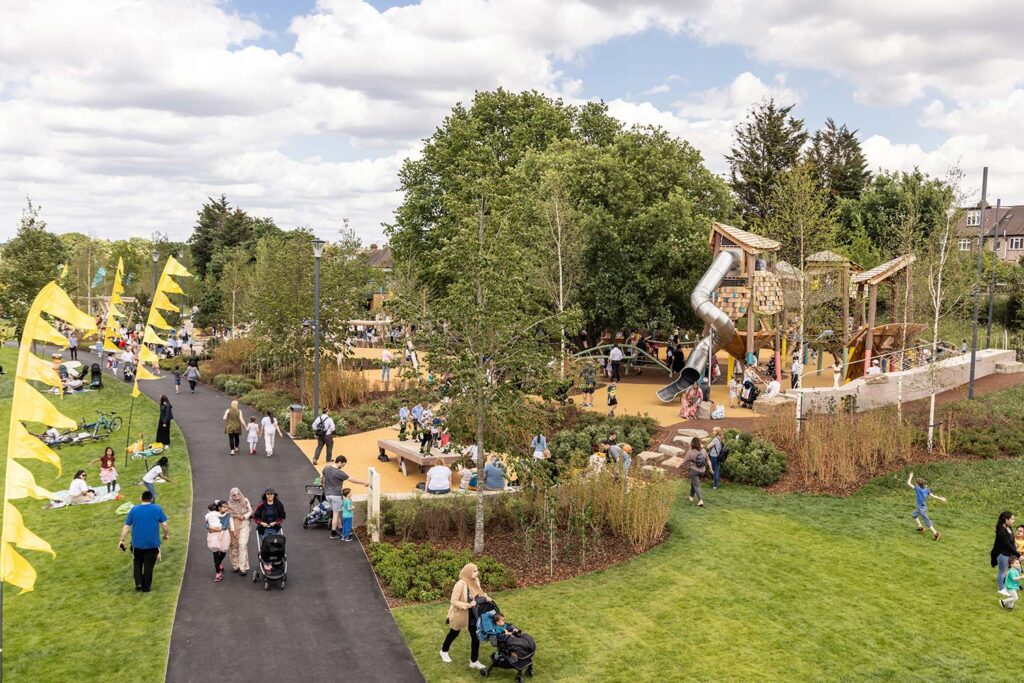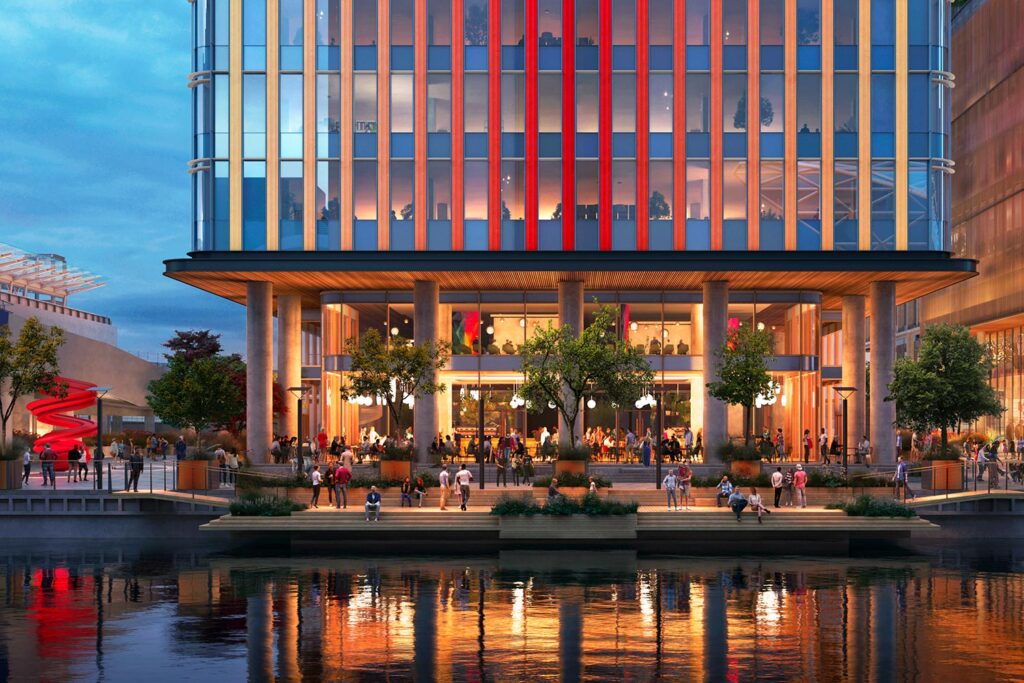
King’s Cross Roadmap to Net Zero
London, UK
Project details
Client
King’s Cross Central Limited Partnership
Duration
2023
Services provided by Buro Happold
Advisory, Energy consulting, Sustainability, Sustainability and energy transition advisory
In response to the Climate Emergency, many organisations and commercial developments across the UK are looking to define their net zero carbon (NZC) pathways.
To meet this challenge the World Green Building Council (World GBC) launched the global Advancing Net Zero Campaign which has set targets for all existing buildings to be net zero carbon in operation by 2050 and all new buildings to meet this standard by 2030.
King’s Cross Central Limited Partnership (KCCLP), the consortium developing the quarter, has signed the WGBC net zero carbon buildings commitment and has recently committed to achieving Net Zero Carbon by 2035.
King’s Cross is one of the largest redevelopments in London comprising a mixture of office, retail and residential buildings built between 2013-2024, around the area of King’s Cross Railway Station. KCCLP engaged Buro Happold’s Sustainability and Energy experts to support it in developing a robust definition of net zero carbon and to set out the decarbonisation pathway to achieve this across the whole campus.
Challenge
The Net Zero Carbon (NZC) roadmap aims to identify the key retrofit measures necessary for the buildings at King’s Cross to reduce energy consumption and carbon emissions and ultimately achieve net zero carbon status. Delivering this required detailed analysis of the building’s current infrastructure and systems, as well as close collaboration with Related Argent the asset and development manager, which has control over the operation and maintenance of centralised building services plant. Wider stakeholder engagement was also required to support the client in identifying and communicating the operational and behavioural changes needed by tenants to ensure net zero carbon could be successfully achieved at a whole building level across the site.
The challenges around reducing energy consumption have evolved considerably because of the changing nature of how employees use office spaces. This is especially true for the application of benchmarking or forecasting future energy and carbon performance when considering more variable, and generally lower, utilisation across the ‘typical’ working week. Although challenging, this has also potentially created a significant opportunity for lowering the operational energy and carbon of offices through implementing measures such dynamic energy analytics and demand control ventilation.

Solution
The net zero carbon (NZC) roadmap aims to identify the key retrofit measures necessary for office buildings at the King’s Cross development to achieve net zero status. A robust NZC definition and methodology for the development was created based on the UKGBC’s framework and aligned to ‘Paris Proof’ 1.5C carbon reduction targets.
The NZC definition relies on buildings achieving a bespoke energy use intensity (EUI) target. This is intended to ensure that the buildings are significantly reducing their energy demand as well as carbon emissions. These targets were developed based on UKGBC and CRREM and are bespoke for each building, taking into account specific operational characteristics and baseline performance.
At the outset of the project our team conducted a NZC policy review, which included a wider examination of market trends, before conducting a series of site decarbonisation audits to assess the potential for a series of demand reduction and deep retrofit measures. These included measures ranging from HVAC setpoint alterations and lighting upgrades to technology changes such as freecooling chillers and exhaust air heat pump AHUs. The assessment of these measures was underpinned by detailed half-hourly energy submetering analysis, and benchmarking of current performance of assets.

We then developed a range of different implementation scenarios consisting of different packages of measures, from the most aggressive and ambitious, to the more cost-effective and pragmatic end of the scale. Where possible, all suggested interventions would be aligned with the expiration of the expected lifecycle of the current plant and systems, to avoid waste and embodied carbon emissions as well as mitigating against unnecessary capital costs. Our teams then worked closely with the client to develop realistic and achievable rollout programmes for the recommended measures for each of the buildings.
Whole lifecycle cost analysis was undertaken for each building’s pathway and the results were summarised into individual building Action Plans showing the roadmap and the key short, medium and long-term actions required. This resulted in the estimated capital costs for each building for each year – clearly showing the additional net zero carbon costs that the client would need to invest above their current life cycle cost plans to deliver net zero carbon across the portfolio.
The buildings at the Kings Cross development do not have individual gas-fired boilers and instead have their heat demands met via a district heat network. This heat network currently relies on gas fired CHP and boilers for heat generation. This study is interconnected with the King’s Cross District Energy study (June 2022), which saw our Energy experts set out a NZC decarbonisation pathway for the energy centre – largely via a switch from fossil fuel plant to heat pumps by 2035. The study identified that buildings across the estate would also need to reduce their district heat demand by 40% to facilitate this.

Value
The pathways developed provide credible and executable solutions for decarbonising the site based on currently available and established technologies. They set out a clear set of decarbonisation measures and demonstrate the energy and carbon impact of implementing these as well as the capital cost investment required for delivery. Buro Happold will continue to act as trusted advisors for Related Argent, providing advice and support to help deliver the strategy across the estate.
The outputs of the study are also being used to help inform an ambitious but realistically achievable target year for a development-wide net zero carbon commitment.














